20, March 2019
Southern Cameroons Crisis: President Trump’s message hits Biya like a ton of bricks 0
The messages delivered by the U.S. Assistant Secretary of State for African Affairs, Tibor Nagy, to Cameroon’s President, Paul Biya, on Monday have hit the Cameroon strong man like a ton of bricks. The true meaning of the messages is sinking and it is becoming clearer that he is losing his staunchest supporter, France, which is already looking for a replacement for the ailing 86-year-old president who has ruled his country for almost 37 years.
While some of the messages were clearly expressed, some were coded and required time for analysis. The most coded was the picture that the straight-talking American gave to Mr. Biya. The picture of Mr. Biya and late president George Bush Senior was taken in 1991. While Mr. Bush left power a long time ago, Mr. Biya has hanged on to power for many decades and has no plan to leave power.
Americans want him out and there is no better way to let him know that he has overstayed his welcome than by letting him know that his contemporaries are all gone. Sources at the Unity Palace say the 86-year-old Biya is fuming and is losing sleep as his allies are already walking away from him.
Even France is reducing contact with the dictator who is now considered by the French as more of a liability than an asset. The French are gradually coming to terms with the fact that they might lose their influence in Cameroon if they continue to count on Mr. Biya as the only person who is capable of protecting their interest.
Over the last week, the French have been urging Mr. Biya to change course and embrace dialogue in order to address the multiple issues facing the country, especially the Southern Cameroons crisis that has gained international attention for things to return to normal while they continue their search for a new strategy to keep their influence in Cameroon.
Mr. Biya is at his wit’s end. He remembers what happened to President Mobutu of Zaire and he knows that if he does not listen to the Americans, he might incur their wrath. The American ambassador in Yaounde had urged Mr. Biya to think about his legacy in 2018, but the sit-tight leader did not heed the ambassador’s advice.
With the message coming in a different form and from a higher authority in the State Department, Mr. Biya might want to consider his options. Though the meeting between the U.S. diplomat and president Biya was friendly, there were still some rough edges which left the Yaounde strong man ruffled.
During Mr. Biya’s meeting with the U.S. diplomat on Monday, the American urged the president to embrace the frank and inclusive dialogue proposed by the international community, adding that Southern Cameroonians only wanted to be considered as normal citizens of Cameroon and that they would never accept the second-class citizenship the country had imposed on them.
He said that the US administration was closely monitoring events in Cameroon, pointing out that only dialogue could put an end to the crisis in the country. Mr. Nagy also stressed that the route taken by the government to end the crisis was unnecessary and that the loss of human life and property was a clear indication of a disproportionate use of force by the government.
Mr. Nagy also said America would encourage the country to pursue other forms of government that might reduce tensions in the country, adding that Donald Trump’s administration was ready and willing to lend a hand in the development of a truly federal system in Cameroon, a message that had also been sent to the Cameroon government by the Canadian embassy in Yaounde.
Canada, it should be underscored, has significant experience in the handling of minority issues and is very willing to bring that experience to Cameroon so as to enable the two linguistic groups that make up the country to live in peace.
Mr. Nagy used the occasion to remind Mr. Biya that Cameroon was a major American ally in the region, stressing that chaos in Cameroon could spill over to other countries and this could result in disorder that might disrupt life in the entire region.
He hailed Cameroon’s economic potential, adding that the country was blessed with abundant human and natural resources that could be used to bring about shared prosperity and wealth, but for this to happen, there must be peace and justice.
Speaking to journalists after his meeting with President Paul Biya, the American diplomat said diplomatic discussions were always confidential, but added that his discussion with Mr. Biya was frank and direct. A statement which has made sources close to the government to hold that Mr. Biya has been delivered a tough message which he has to take seriously or face destabilization from the frustrated American administration.
Mr. Nagy however said he appreciated Mr. Biya’s wisdom, adding that the United States and Cameroon had much in common and that he would like to bring many American investors to Cameroon so as to create opportunities for the country’s youths.
He said America wanted the best for Cameroon, stressing that he would like young Cameroonians to have the best jobs possible, but that would require peace in the country.
By Linda Embi in Yaounde

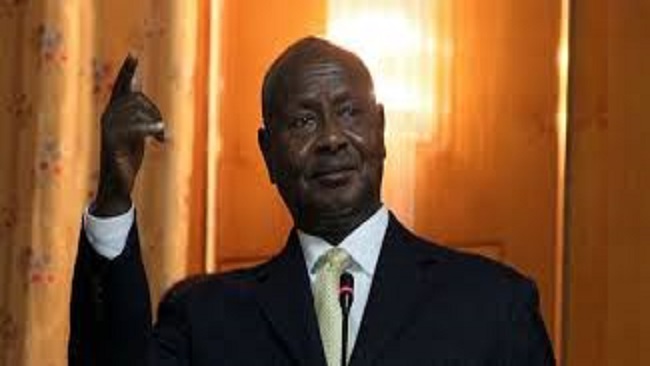



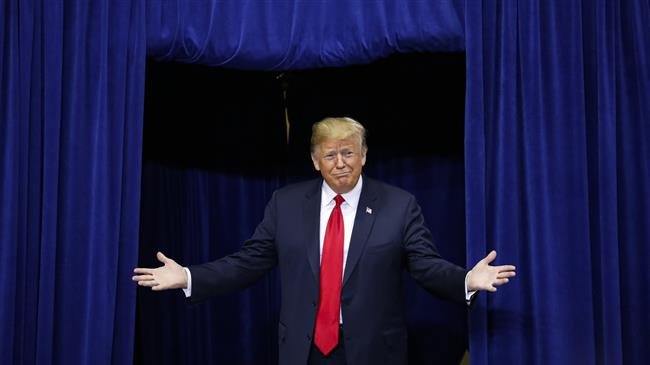




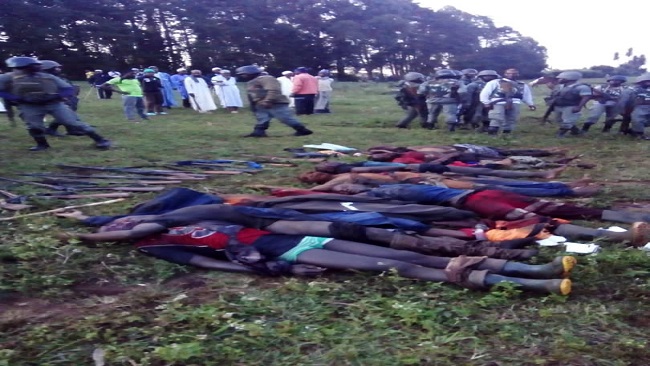
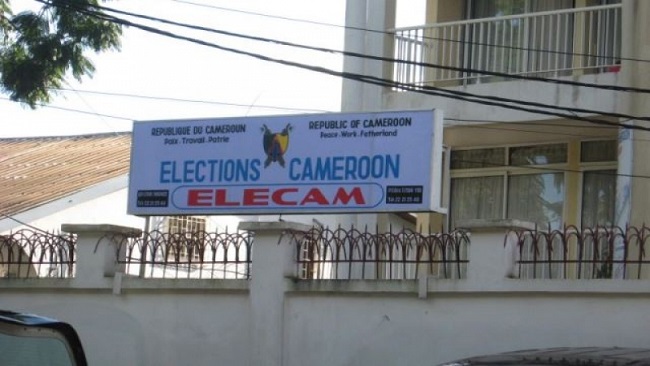
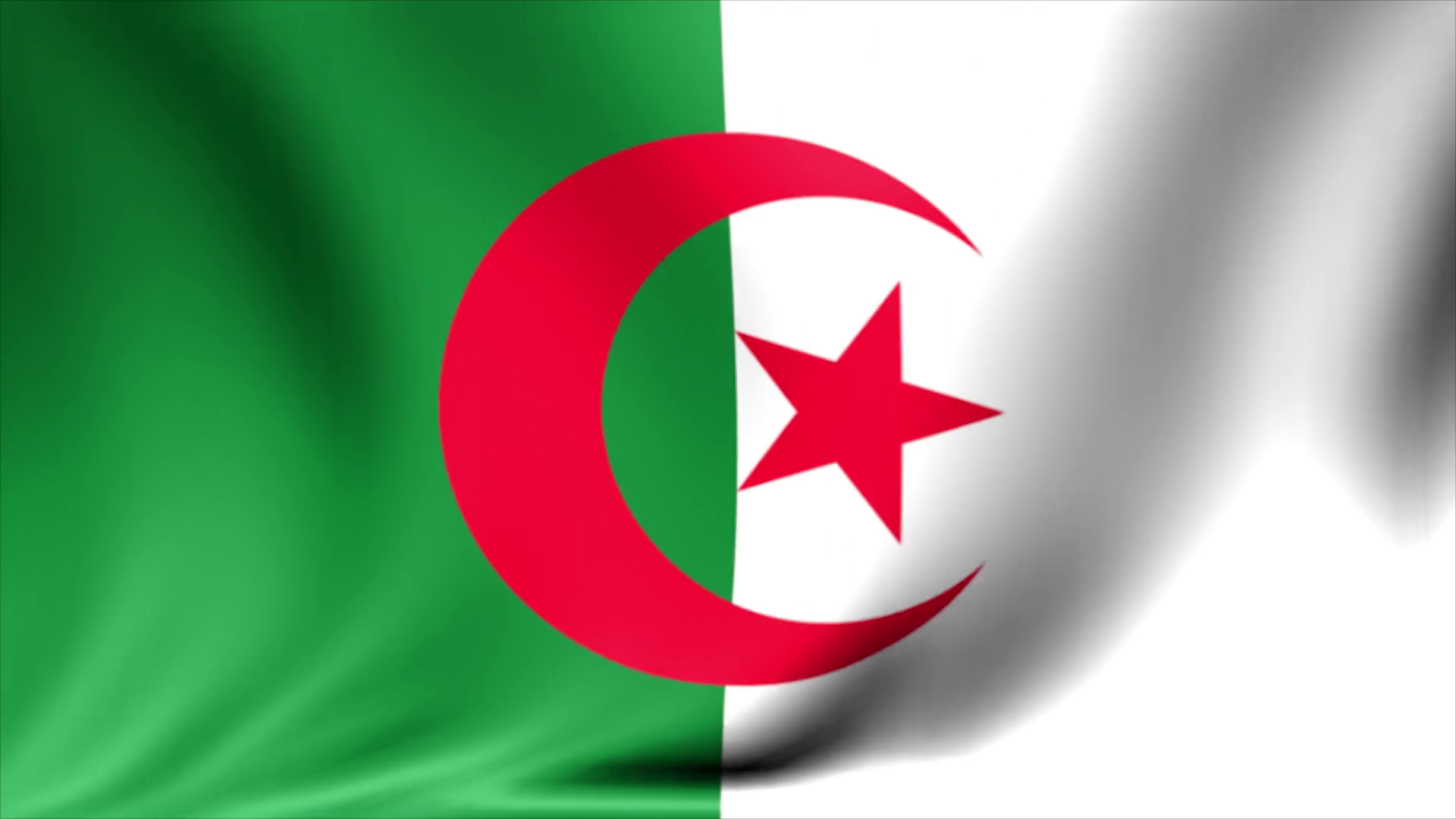

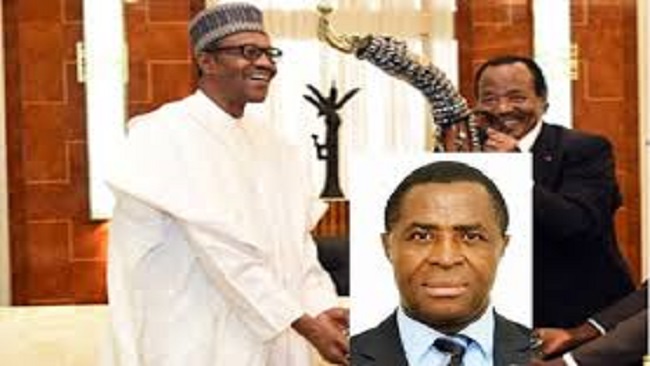

















22, March 2019
EU gives UK two more weeks to sort out Brexit impasse 0
European Union leaders have given Prime Minister Theresa May two weeks’ reprieve, until April 12, before Britain could lurch out of the EU if she fails to persuade lawmakers to back the withdrawal treaty she concluded with Brussels.
But after seven hours of summit brainstorming on Thursday, her 27 peers kept a host of options open, ramping up pressure on parliament to support May, giving Britain an outside chance of staying in for much longer – but also preparing to deflect blame for the chaos of any no-deal Brexit.
May had wanted to be able to delay Britain’s departure until June 30 to tie up legislative loose ends, and tried to reassure the EU that she could overturn two heavy defeats to clinch a last-gasp parliamentary ratification of her deal next week, so allowing a status-quo transition period to come into effect.
EU leaders had planned to endorse a shorter extension, to May 22, the eve of EU parliamentary elections, and leave any discussion of how to deal with May losing until next week. But diplomats said the prime minister singularly failed to reassure them she could win. Some sensed she did not believe it herself.
After May left the room, and with French President Emmanuel Macron pitching a surprise ultimatum for Britain to be out, deal or no deal, by May 7 — the eve of a summit on the EU’s post-Brexit future — the meeting plunged into frantic debate.
The outcome, with which May declared herself satisfied, was that the May 22 date will apply if parliament rallies behind her next week. If it does not, Britain will have until April 12 to offer a new plan or choose to quit without a treaty.
That date corresponds to the six weeks’ legal notice required for the EU election – which the Union would insist Britain hold on May 23 if it remains a member. If it does not hold the election, leaders said, the very last date Britain must leave would be June 30, before the new EU parliament convenes.
‘Options remain open’
Until April 12, said summit chair Donald Tusk, “all options will remain open and the cliff-edge date will be delayed”.
“The UK government will still have a choice between a deal, no deal, a long extension or revoking Article 50 (the withdrawal notice),” he told a news conference.
If Britain decides by April 12 against holding the EU election, it could then leave the EU without a deal at any time up to May 22.
May said she would not cancel Brexit or seek a long delay that would mean asking people to vote in EU elections three years after voting to leave. She insisted she could secure a deal next week.
Many in London doubt that, not least after she offended many lawmakers on Wednesday by publicly blaming them for the deadlock. She tried to soften those remarks somewhat on Thursday.
“What this decision tonight does is show the clear choice that is open to MPs,” May said. “I think the choice is clear for people.”
But May’s stated belief in her strategy of a third vote did not communicate itself to the summit table.
“It did not go well,” said one EU official familiar with the talks. “They basically realized that she doesn’t really believe it herself. They don’t want to be seen to be forcing the Brits out now. But they are looking for ways to end the agony.”
While some brinkmanship from Brussels may be part of a strategy to bounce reluctant British legislators into backing May, there is also a growing impatience that efforts to avoid a messy Brexit are bogging the EU down when it has other priorities, from a weakening economy to rising nationalism.
‘We have bought two weeks’
Macron has led the charge, calling for Britain, long a thorn in France’s plans for deeper European integration, to put up or shut up on Brexit.
“We have come up with a response that protects our interests,” he said. “It is up to the British to sort out their own internal contradictions. As for us, we don’t have any.”
May’s opponents at home range from hard-core Brexit supporters who say her deal gives the EU too much influence in Britain to others, inside and outside her own Conservative party, who would prefer to stay much closer to the EU or cancel Brexit.
Voicing the fears of business that a “no-deal” Brexit would hurt economies across the continent, German Chancellor Angela Merkel argued for caution, saying she would “work to the last minute” to avoid a disorderly departure.
By pushing the Brexit crunch toward Britain’s April 12 deadline to declare its decision on holding an EU election, EU diplomats said, the leaders also dodged potential blame if they had simply allowed Britain to crash out next Friday.
“That way, Merkel and the rest of the EU can avoid blame for forcing the British out,” one EU official said. “It will be up to the British themselves to say they are leaving with no deal.”
The basic problems of Brexit remain, however. Britain could still crash out without a transition, disrupting business and souring relations before the sides sit down to negotiate a trade pact and decide how to manage their politically sensitive land border in Ireland.
“Today was a long seven hours that bought us two weeks,” another EU diplomat said. “It just lets us say with a clear conscience that we didn’t throw them under the bus on March 29 … But before April 12, we will face the very same questions as now.”
(Source: Reuters)